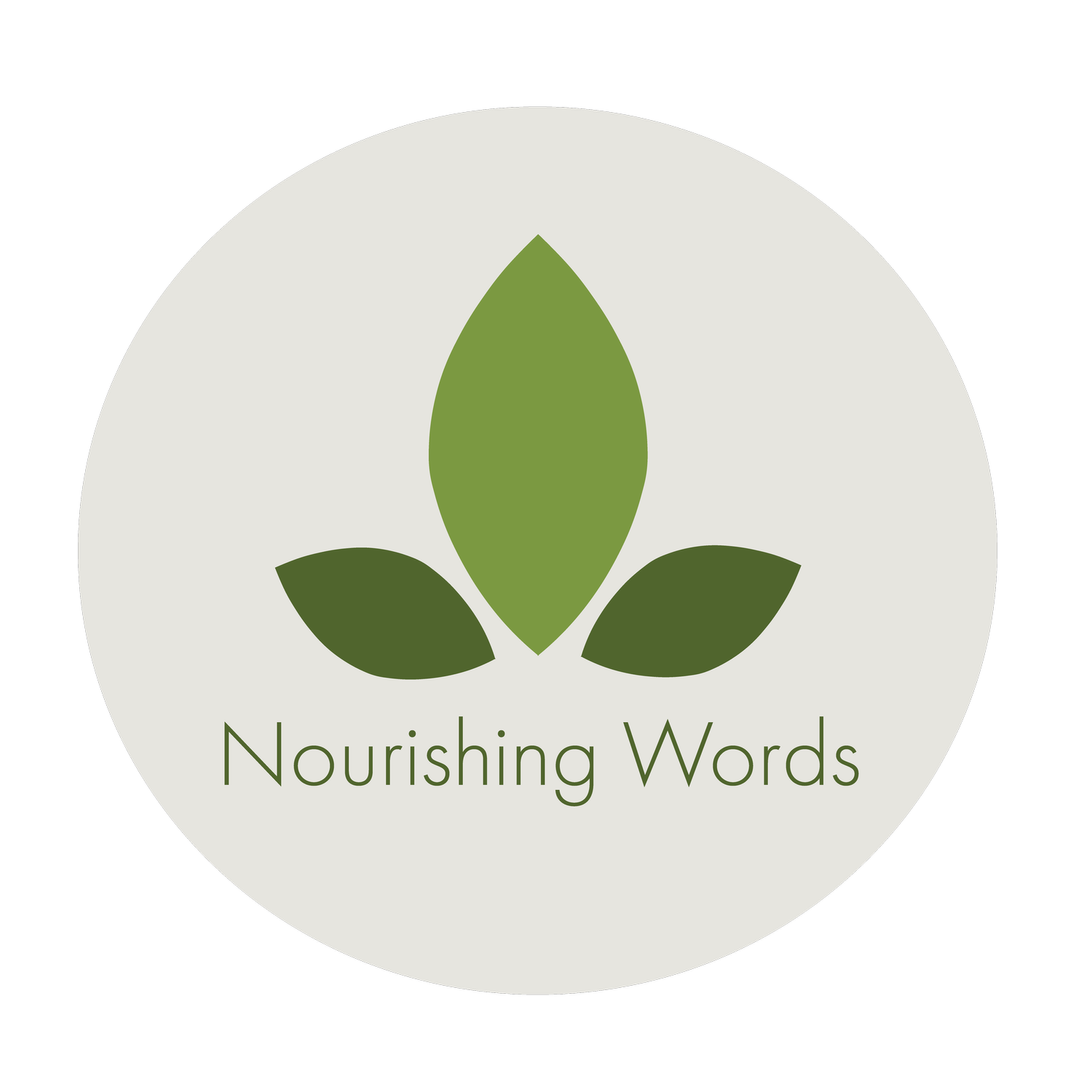Nourishing Words and Blind Spots
I’ve been providing excerpts on Substack from my upcoming book Nurture: How to Raise Kids Who Love Food, Their Bodies, and Themselves. I’ve shared a bit from what my family affectionately calls the “Pop-Tart Chapter.” I’ve also shared articles about teaching kids self-regulation skills around food and how to help kids accept their bodies and appreciate body diversity.
I plan on continuing to send you snippets of this book, and, as always, I welcome your feedback. Please share your thoughts and make this book even better because it meets the needs of its audience.
It isn’t easy to be a parent or caregiver navigating this world and social media and all the messages about feeding and caring for kids. As a nutrition therapist in the field of disordered eating for nearly-thirty years and as a parent of two teens about to become young adults, I can say that I’ve learned a lot about this topic and made some mistakes along the way.
At this point in my clinical work, I feel called to support parents compassionately in navigating the challenging job of raising kids in a world that is pretty weird about food and bodies. I’ll be sharing more of the upcoming book with you, but today I want to share what I’ve learned from the professionals and parents I’m blessed to have as content editors and readers of the manuscript.
First, I’m grateful to have friends and colleagues who are both encouraging and not afraid to say, “Heidi, this sentence doesn’t sit right with me,” or “Heidi, this is unclear, and I’m not sure what you’re trying to say.” I am one of seven siblings, so I tend to repeat myself. (I mean, don’t we have to say it at least three times before it’s heard?) Sometimes we read our words so many times over that we can’t notice what is obvious to objective eyes.
Having a team of trusted, wise readers may be the secret sauce for a good book, particularly a group of readers that are part of your intended audience. In my case, I was looking for readers who are parents or caregivers, professionals in the mental health and eating disorders fields, persons who are currently recovering from disordered eating, and persons in larger bodies who know what it’s like to experience body size and weight stigma. This last category of reader was essential to me because I don’t have that experience. I may be sensitive to the issues of my clients with larger bodies and those who identify as fat, but I don’t know what it feels like to walk in their shoes in this culture.
Some of the most important feedback I’ve received about my manuscript has been from persons with different orientations in the world from my own. While my intention is never to do harm or make someone feel bad or left out because of how I word a sentence, I know that impact is ultimately more important than intent. I aim to be part of the solution and not add to the problem of marginalization and oppression. Our privileges create blind spots, and I’m incredibly grateful to those wise individuals who have pointed them out.
Because Substack is full of writers and many of you here are currently writing or aspiring to write for the public, I thought I’d encourage you to consider creating a panel of readers for your next book who come from walks of life different than your own. That way, you are writing in a more inclusive way and helping to unite versus divide us humans. Everyone benefits when your readers feel safety and resonance with their eyes on your words.
And if you aren’t a writer, I’ll invite you to go out of your way to be curious and ask others you encounter about experiences distinct from yours. “What is that like for you?” is a question that opens doors and breaks down barriers between two people of different genders, races, sexual orientations, sizes, ages, socioeconomic statuses, and abilities. What would happen if instead of jumping in with stories about our own experiences (and I’ll be the first person to admit I love to tell stories about my experiences), we took a little more time to be curious about the circumstances of the unique and different people in front of us?
I learned from my manuscript readers that a story I told made one reader feel a little too exposed. I learned that a reader felt a phrase I used was diminishing. I chose my words carefully, but that doesn’t mean they can’t harm. Words indeed have power. I have a responsibility to do my best to do the least amount of harm to my fellow humans. My diverse and generous readers are helping me with something that I just can’t do alone.
And since my aim is “Nourishing Words,” I’m appreciating today with significant gratitude the collaborative efforts of my awesome sauce book reading team.
